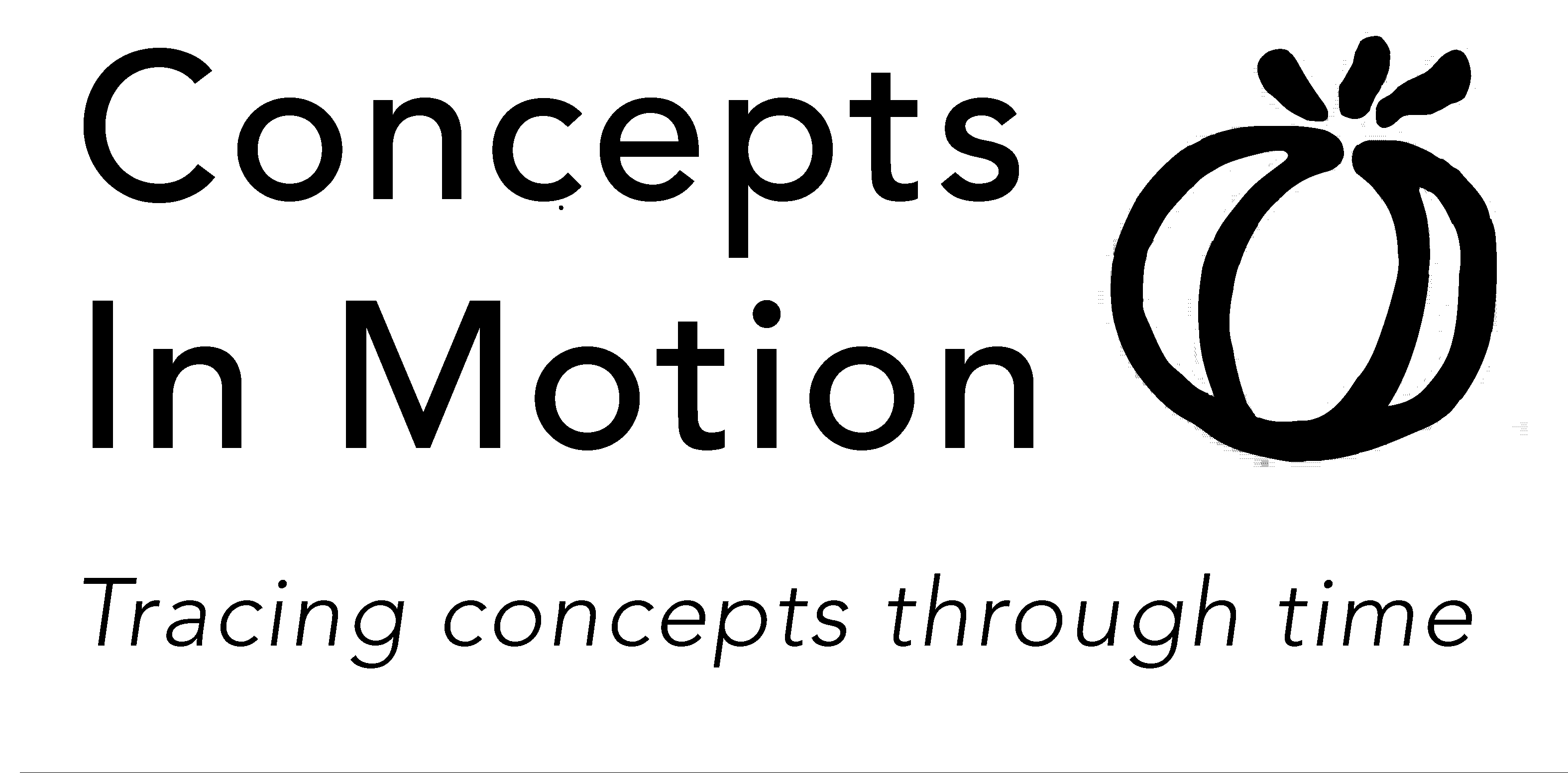Concepts change. For instance, the concepts of tolerance or evolution have changed through time. But how exactly have these concepts changed? What shifts have they undergone, and to what effects? Also, what is the best way to model these conceptual shifts?
Questions such as these are important to both culture and science. Here at Concepts in Motion we address them as philosophers, working together with computer scientists, computational linguists, information specialists, and other humanities scholars. In particular, we focus on tracing changes in concepts relevant to sciences such as logic, mathematics, and biology – concepts such as axiom, consequence, explanation, evolution, and life.
New computer methods can provide large-scale evidence impossible to obtain otherwise. Our main tenet is however that ‘big data’ computer methods yield truly relevant results only if a certain amount of domain expertise is first top-down captured by humanities experts in well-designed, conceptual and interpretive models, then used to guide bottom-up corpus exploration. Therefore, we aim to create a new sound and transparent computational methodology for history of ideas combining so-called symbolic and non-symbolic AI (ontologies + distributional semantics).
Here you can have a look at who we are, at our current projects, and at our publications, including work on our ´model approach to the history of ideas´.
